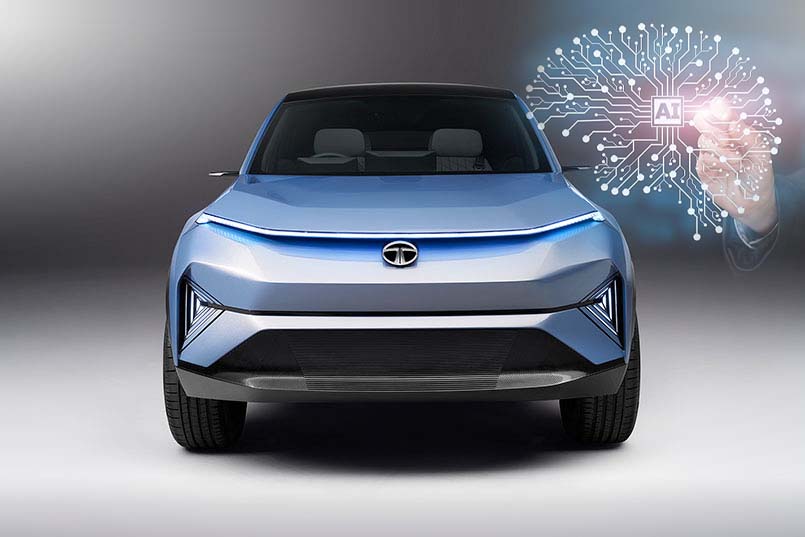
EV Cars
EV stands for “electric vehicle.” An EV is a vehicle that is powered by an electric motor instead of a gasoline engine. EVs are becoming increasingly popular because they offer several benefits over traditional gasoline-powered vehicles. They are cheaper to operate, produce no emissions, and are quiet to drive. They are also typically more efficient than gasoline vehicles, as they use energy more efficiently and lose less energy through heat and friction. There are many different types of EVs available, including electric cars, electric bikes, and electric buses.
EV Cars In India
There are a growing number of electric vehicles (EVs) available in India, and the Indian government has been promoting the adoption of EVs in order to reduce air pollution and reduce the country’s dependence on imported fossil fuels. In 2019, the Indian government announced plans to transition to electric mobility by 2030, with the goal of having all new vehicles sold in India be electric.
Several Indian automakers, including Tata Motors and Mahindra & Mahindra, offer a range of electric vehicles, including cars, buses, and delivery trucks. In addition, several international automakers, such as Hyundai and Renault, also offer electric vehicles in India.
There are currently several government incentives in place to encourage the adoption of EVs in India, including tax breaks and subsidies for EV purchases, as well as the construction of charging infrastructure. However, the adoption of EVs in India has been slower than in some other countries due to a variety of factors, including the high cost of EVs compared to traditional gasoline-powered vehicles, and the limited availability of charging infrastructure.
EV Cars With AI
There are several ways that artificial intelligence (AI) is being used in the development and operation of electric vehicles (EVs). Some of the ways that AI is being used in EVs include:
- Autonomous driving: Many EVs are being developed with the capability to drive themselves using AI-powered autonomous technology. This technology uses sensors, cameras, and other sensors to gather data about the vehicle’s environment and make decisions about how to navigate the road.
- Predictive maintenance: AI can be used to analyze data from an EV’s sensors to predict when maintenance or repairs may be needed. This can help to prevent breakdowns and improve the overall reliability of the vehicle.
- Energy management: AI can be used to optimize the use of an EV’s batteries and electric motor to maximize range and efficiency. For example, AI algorithms can predict the driving patterns of the vehicle’s owner and adjust the vehicle’s power usage accordingly.
- Charging optimization: AI can be used to optimize the charging of an EV’s batteries to minimize the time required to charge the vehicle and reduce the wear on the battery.
Overall, the use of AI in EVs is helping to improve the performance, reliability, and efficiency of these vehicles, and is an important part of the future of transportation.


